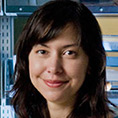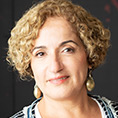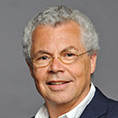Plenary
Lectures

Professor Christina Smolke
Schools of Engineering & Medicine, Stanford University, U.S.A.
Engineering yeast to brew medicines via an integrated systems approach
Plants are a rich source of medicinal compounds. However, the discovery, synthesis, and supply chains for plant-based medicines remain ad hoc, biased, and tedious. While microbial biosynthesis presents compelling alternatives to traditional approaches based on extraction from natural plant hosts, ... READ MORE

Professor Hala Zreiqat
Tissue Engineering and Biomaterials Research Unit, The University of Sydney, Australia
Novel Engineered Synthetic Approaches to Innovative BioEngineering
The growing clinical need for synthetics that specifically enhance the repair of large bone defects and aged bone matched by the escalating demand for grafts, is driven largely by an ageing population whose natural regenerative responses are impaired. This presentation will describe our strategies in 1) developing a platform of patented ... READ MORE

Professor Reinhard Faessler
Max Planck Institute of Biochemistry, Germany
Cells that move cannot divide, and cells that divide cannot move
Cell adhesion is essential for multicellular life. Integrins mediate adhesion to the extracellular matrix and transduce the ‘adhesion’ information into numerous subcellular compartments. The outcomes of this information flow are cell survival and plasma membrane dynamics leading to ... READ MORE




